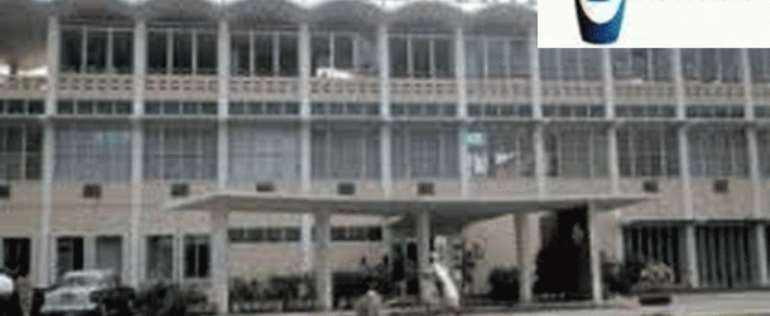Nigerian Breweries: high interest cost hinders profit growth-THE CITIZEN

Nigerian Breweries Plc failed to grow profit in 2012 due to an upsurge in interest charges and accelerating growth in cost of sales. The company's full year result for 2012 released on Friday shows that sales revenue grew by 19.7% during the year. The net increase in sales revenue was N41.6 billion but only N39 million from it reached the bottom line for shareholders.
The company is seen to have grown the wealth of banks rather than shareholders' during the year. Interest charges surged up from a net interest income figure of N687 million in 2011 to N8.31 billion at the end of 2012. That claimed 20% of the net gain in sales revenue recorded in the year. The company is exposed to bank borrowings [short- and long-term] in excess of N50 billion at the end of the 2012 financial year. This was after a drop of 40.8% in current financial liabilities in the year.
Cost of sales grew ahead of sales revenue at 25.6% to N127.22 billion. It therefore claimed an increased share of sales revenue at 50.4% in 2012 compared to 48% in 2011. Gross profit margin consequently declined from 52% to 49.6% during the period. Of the N41.6 billion net increase in sales revenue in the year, cost of sales claimed about N26 billion or 62.3%.
Relative moderation of distribution and administrative expenses provided critical support that prevented a possible decline in after tax profit. Those cost items grew at a slightly lower pace than sales revenue at 18.3% and accounted also for a marginally reduced share of turnover at 25.1%.
A major rise of 480% in other income to N2.0 billon was quite helpful in the tight revenue-cost situation the company faced in 2012. It was the only reason why pre-tax profit did not drop more than the 1.4% that was recorded. Further boost to net profit came from a 4.2% decline in taxation and a reversal of other comprehensive income from a negative figure in 2011 to a positive number in 2012.
The supplementary income patchwork enabled the company to keep net profit flat at the end of the financial year. Net profit margin declined from 18% in 2011 to 15.1% in 2012. This is however well ahead of Guinness Nigeria's net profit margin of 11.8% at the end of its full year operations in June 2012. Guinness' net profit margin had also declined from 13.1% in the preceding year.
The main factor that explains the difference in profit margins of the two companies is cost of sales. The cost is relatively higher for Guinness at 55.7% of sales revenue in the 2012 full year report than for Nigerian Breweries' 50.4%.
Nigerian Breweries earned N5.03 per share, the same figure recorded in 2011. Dividend per share is also maintained at N3.0 per share, well below previous dividend peak of N3.69 paid in 2009. The weakened cash flow situation that the company faced in 2012 isn't expected to permit increased dividend pay-out.
At the closing prices of N166 per share on Friday, when the dividend was announced, it amounts to a dividend yield of 1.8%. Net assets grew by 15% to N166.80 billion, which amounts to N22.05 per share. The company's register of shareholders will close on 14th March, 2013 and dividend payment date is 16th May, 2013.
Developments in the company's balance sheet show declines in both current assets and liabilities during the year. The decline in current assets is fully accounted for by a drop of 57% in cash balances to N9.51 billion. A rise of 64% in debtors and receivables to N22.70 billion indicates the resort to credit inducement by the company to push sales volume during the year. A moderate increase of 11.5% in inventories is an indication that the credit inducement worked in pushing products off the warehouses.
The aggressive credit inducement to accelerate sales volume growth however affected cash flow adversely. The fall in cash balances means that the increased sales revenue is represented more by trade debtors than by cash balances. The effect on cash flow was not countered significantly by an increase of just 8.0% in trade creditors and other payables. A drop of 59% in short-term loans accounted for a decline of 4.0% in current liabilities.
The company needs to sustain normal growth in revenue in the current year, maintain gross profit margin and cut interest charges. If these can be achieved, management can hope to improve net profit margin, earnings per share and perhaps dividend per share as well.
Share of Sales Revenue – 2012
